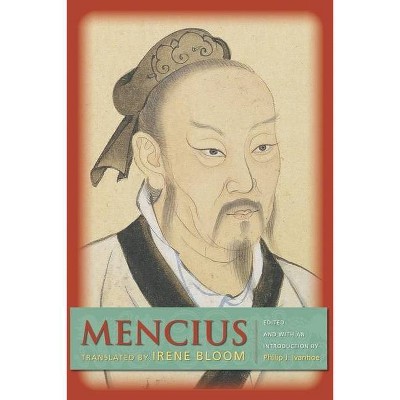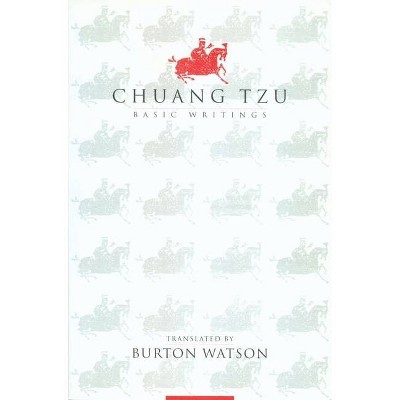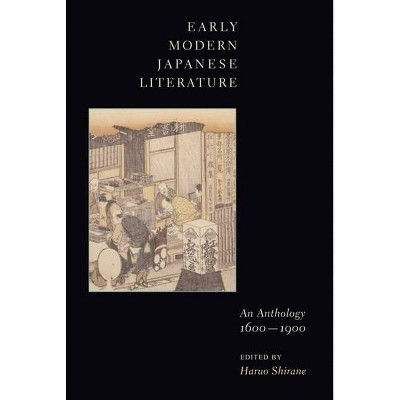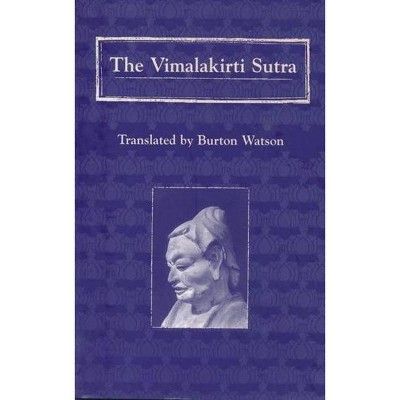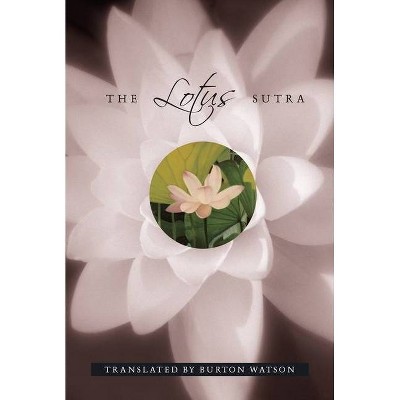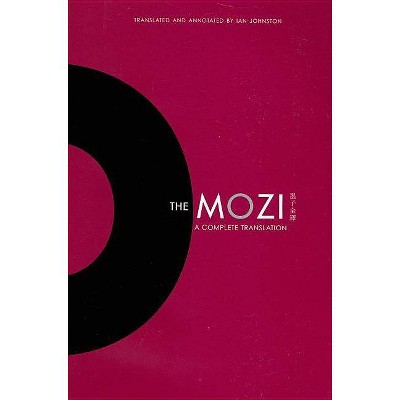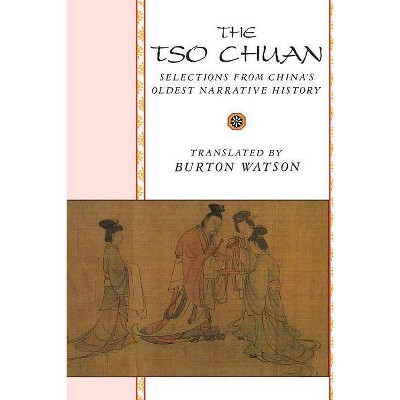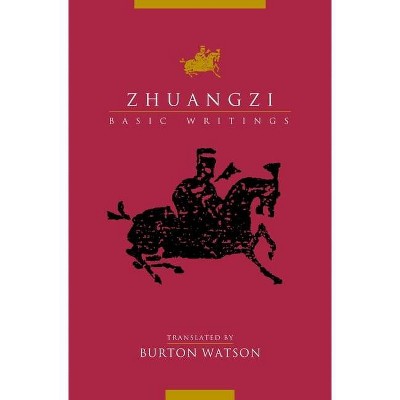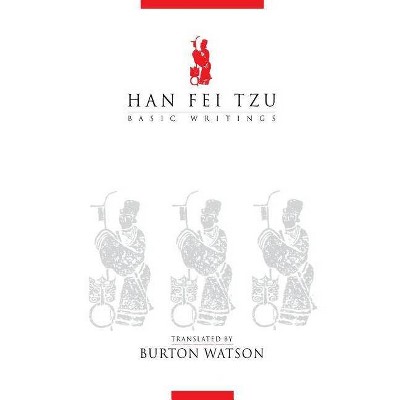Exemplary Women of Early China - (Translations from the Asian Classics) (Paperback)
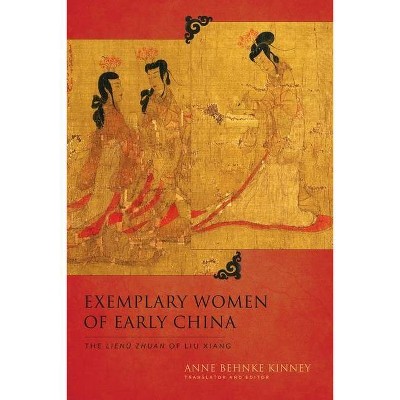
Similar Products
Products of same category from the store
AllProduct info
<p/><br></br><p><b> Book Synopsis </b></p></br></br><p>In early China, was it correct for a woman to disobey her father, contradict her husband, or shape the public policy of a son who ruled over a dynasty or state? According to the <em>Lienu zhuan</em>, or<em> Categorized Biographies of Women</em>, it was not only appropriate but necessary for women to step in with wise counsel when fathers, husbands, or rulers strayed from the path of virtue.</p><p>Compiled toward the end of the Former Han dynasty (202 BCE-9 CE) by Liu Xiang (79-8 BCE), the <em>Lienu zhuan</em> is the earliest extant book in the Chinese tradition solely devoted to the education of women. Far from providing a unified vision of women's roles, the text promotes a diverse and sometimes contradictory range of practices. At one extreme are exemplars resorting to suicide and self-mutilation as a means to preserve chastity and ritual orthodoxy. At the other are bold and outspoken women whose rhetorical mastery helps correct erring rulers, sons, and husbands. The text provides a fascinating overview of the representation of women's roles in early legends, formal speeches on statecraft, and highly fictionalized historical accounts during this foundational period of Chinese history.</p><p>Over time, the biographies of women became a regular feature of dynastic and local histories and a vehicle for expressing and transmitting concerns about women's social, political, and domestic roles. The <em>Lienu zhuan</em> is also rich in information about the daily life, rituals, and domestic concerns of early China. Inspired by its accounts, artists across the millennia have depicted its stories on screens, paintings, lacquer ware, murals, and stone relief sculpture, extending its reach to literate and illiterate audiences alike.</p><p/><br></br><p><b> Review Quotes </b></p></br></br><br>Anne Benhke Kinney's faithful and eloquent translation presents a ground-breaking effort that will allow readers to rediscover a foundational book of early Chinese women's life, moral code, and inspiration... A brilliant, fresh, and scholarly contextualized introduction... A must-read book.--Journal of the American Oriental Society<br><br>Kinney's faithful translation and her erudite annotations and introduction make this classic of women's history accessible to a broad audience of scholars and students of Asian history... This book is an essential sourcebook for women's and gender history collections. Highly recommended.--CHOICE<br><br>With her extensive and meticulously presented introduction, with her precise and readable translation, and with her careful annotation of historical and textual references, Kinney has done both students and scholars of early China a great favour.--Chinet<br><br><i>Exemplary Women of Early China</i> is essential for understanding China's premodern gender regime, Confucian ideology, and women's sense of self. The<i> Lienü zhuan</i> provided later authors and artists with an endlessly rich source of moral exemplars to reveal behavioral norms for both genders. Kinney's elegant and erudite translation brings to life the words and deeds of these remarkable women. A wonderfully inspiring read.--Robin D. S. Yates, McGill University<br><br><i>Exemplary Women of Early China</i> is valuable not only for what it reveals about the culture of early China but also because of the influence the<i> Lienü zhuan</i> had in the centuries that followed. As it provided examples of the good that women could do, through word and deed, it became a favorite book to teach to girls. Anne Behnke Kinney's faithful and elegant annotated translation makes this classic of women's history accessible to both students and scholars.--Patricia Ebrey, University of Washington<br><br>By making this key work on women's history more accessible to the international academic community than ever before, Kinney's translation of Liu Xiang's monumental collection will surely be accepted as the new standard.--Bret Hinsch "NAN NÜ "<br><br>Elegant and judiciously footnoted.... this scholarly and thoughtful translation places Kinney in the long lineage of Chinese female authors who have made this text the focus of their intellectual and moral concern.--Joan Judge "The Bulletin of the School of Oriental and African Studies "<br><br>Finally, the 125 women who lived their honorable, violent, pernicious, or mythical lives in China centuries before the birth of Christ have met the interlocutor worthy of their name. Anne Behnke Kinney has changed our views about governance, Confucian morality, and social civility in the early empire by showing the centrality of women in politics and in society. This is not the first English translation of this justifiably famous collection of biographies, but it will likely be the last.--Dorothy Ko, Barnard College<br><br>Kinney's painstaking translation fills a curious lacuna by making this foundational work available to a broad audience of scholars and students of Asian history. The book is a significant contribution to the field in terms of both its efforts to illuminate the history of gender relations in East Asia and the quality of its translations.--Miranda Brown, University of Michigan<br><p/><br></br><p><b> About the Author </b></p></br></br>Anne Behnke Kinney is professor of Chinese at the University of Virginia.
Price History
Price Archive shows prices from various stores, lets you see history and find the cheapest. There is no actual sale on the website. For all support, inquiry and suggestion messagescommunication@pricearchive.us
